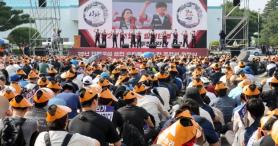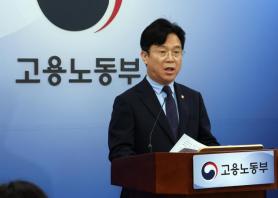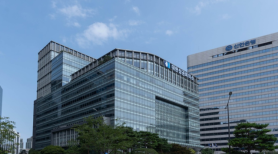
President Lee Jae Myung has pledged to phase in a 4.5-day workweek as a first step toward a four-day schedule without a reduction in pay. Labor unions have embraced the idea: both the Korean Confederation of Trade Unions and the Federation of Korean Trade Unions have voiced support.
Business leaders, however, warn that shorter schedules could erode competitiveness, particularly for smaller firms already struggling to match the resources of conglomerates.
Still, early adopters suggest that flexibility can pay off.
SK Telecom and its affiliate SK Square run a “Happy Friday” system that allows employees to log 80 hours over two weeks and take Fridays off. The companies also offer workers over 50 a two-year paid sabbatical to explore new opportunities before retirement.
Samsung Electronics permits staff to design their own schedules as long as they meet a 40-hour weekly average, while LG Electronics has introduced self-directed time management, letting employees choose arrival and departure times within the same weekly limit. Both companies report positive feedback.
Hunet, a corporate training firm, went further.
In July 2022 it became one of the first South Korean companies to adopt a four-day week outright. The change boosted job applications threefold, raised first-half revenue by 20 percent year-on-year and delivered a 93.5 percent employee satisfaction rate.
Local governments are also testing the waters.
The provincial government of Jeju and Ulsan’s Jung-gu Office have introduced pilot 4.5-day schedules, while Gyeonggi's provincial government has signed agreements with dozens of firms to join a similar trial.
Experts say the shift reflects changing social expectations but caution against rapid nationwide adoption.
They point to uneven business conditions across industries, warning that what works for large conglomerates may not be sustainable for small and midsize firms. Some suggest that government incentives, rather than mandates, would be a better way to encourage voluntary adoption.
Underlying the debate is a deeper concern about productivity.
South Korea’s manufacturing output now stands at roughly 77 percent of the OECD average. As Chinese rivals dominate global markets, some economists argue that labor reform will fail unless paired with measures to improve efficiency and competitiveness.
"Korea ranks 34th out of 38 OECD countries in work productivity, with the United States in first place. Korean workers could focus more on increasing output if four-day workweeks are implemented nationally," said Kim Dae-jong, professor of business at Sejong University. "In some sectors, the shortened work week could be implemented within a year."
Copyright ⓒ Aju Press All rights reserved.




